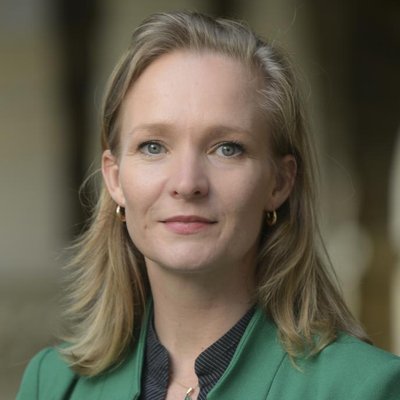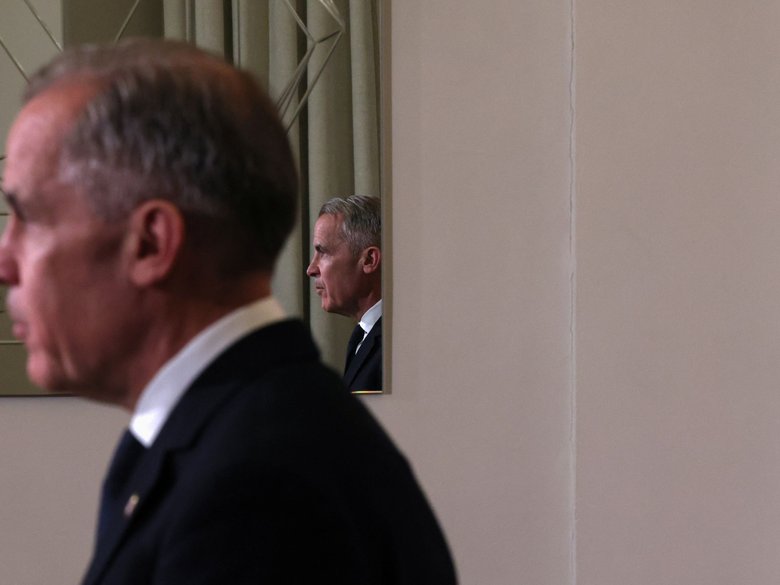Episode Description
Marietje Schaake joins the hosts to discuss her book The Tech Coup: How to Save Democracy from Silicon Valley (Princeton University Press, 2024). Informed by Marietje’s experience working at the forefront of tech governance, the conversation explores strategies for effective government regulation and ways citizens can counterbalance the immense power wielded by today’s tech giants, to promote a more democratic digital landscape.
Mentioned:
- The Tech Coup: How to Save Democracy from Silicon Valley (Princeton University Press, released September 24, 2024)
- The Tech Coup website
- CIGI’s Global Commission on Internet Governance
In-Show Clips:
- Yahoo Finance: “CEO talks Big Tech and rights of users”
- Al Jazeera English: “Social media blamed for Myanmar’s tribal dispute”
- CNBC, “Why The U.S. Government And Big Tech Disagree On Encryption”
- CNBC Television: “Facebook lays out details for content oversight board”
- Euronews: “Poland to investigate alleged use of Pegasus spyware by last government”
- CBS News: “Appeals court allows TikTok lawsuit over girl’s death in viral challenge”
Further Reading:
Credits:
Policy Prompt is produced by Vass Bednar and Paul Samson. Our technical producers are Tim Lewis and Melanie DeBonte. Fact-checking and background research provided by Reanne Cayenne. Marketing by Kahlan Thomson. Brand design by Abhilasha Dewan and creative direction by Som Tsoi.
Original music by Joshua Snethlage.
Sound mix and mastering by François Goudreault.
Special thanks to creative consultant Ken Ogasawara.
Be sure to follow us on social media.
- X: @_policyprompt
- IG: @_policyprompt
Listen to new episodes of Policy Prompt biweekly on major podcast platforms. Questions, comments or suggestions? Reach out to CIGI’s Policy Prompt team at [email protected].





